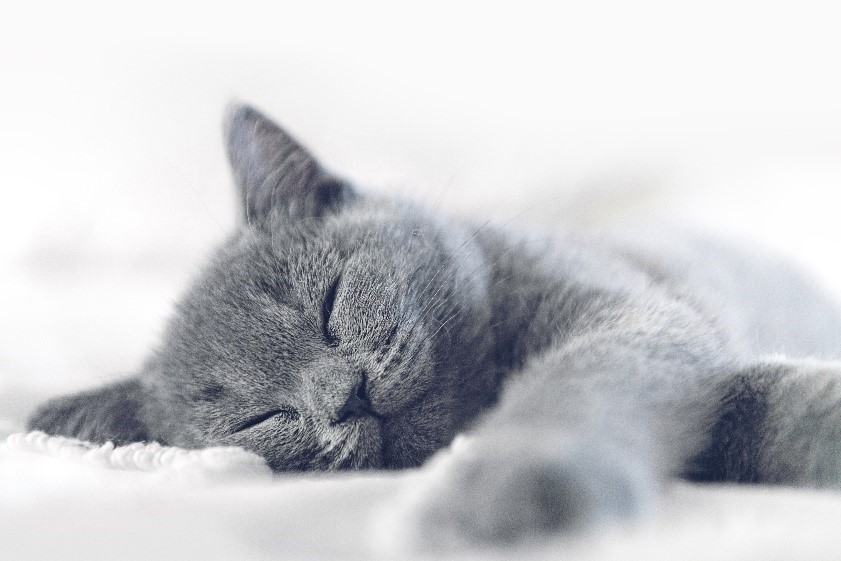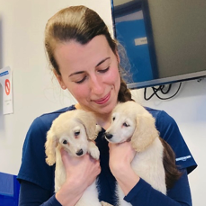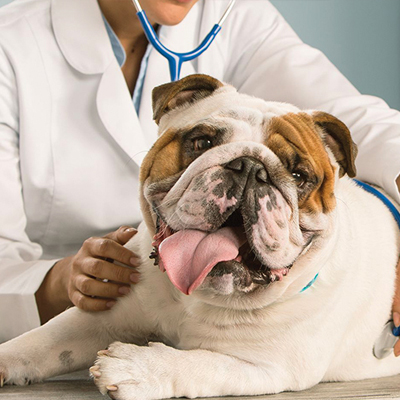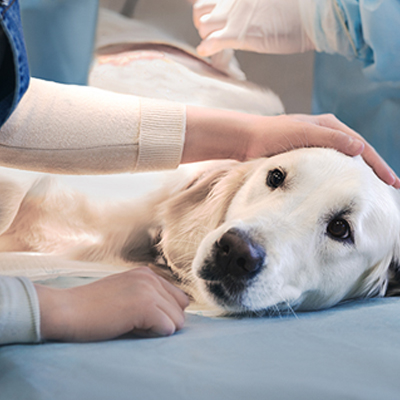Pet Neutering In Halesowen & Oldbury
Both spaying and castration are simple procedures and are done under a general anaesthetic. This means your pet will only stay with us as a day patient.
Pet neutering is essential for any non-breeders to prevent associated health complications and to give your pet a happy, healthy life.
We offer dog and cat neuterig services in Halesowen and Oldbury, servicing both Dudley and Birmingham with first-class veterinary services.
Pet Neutering FAQ’s:
The operation to spay or neuter your pet is very routine, and your pet will be given an anaesthetic to ensure that they don’t feel any pain during the procedure. After the operation, your vet will administer a pain relief injection to ease any discomfort. We will also provide Painkillers and Anti-Inflammatory medication for you to give at home, along with a complete home care sheet for the basic do’s and don’ts post-surgery.
Whether you own a dog, cat or rabbit, neutering has many benefits that can improve your pet’s quality of life. These benefits should be discussed with your vet to make sure neutering is a suitable option for your pet.
In regards to
Females:-
- Bitches left unneutered can develop reproductive problems (eg breast cancer or pyometra – infection of the womb) which can be prevented with early neutering.
- Reduces the chances of her developing breast (mammary) cancer.
- Removes the risk of an unplanned pregnancy.
Males:-
- For males, castration significantly reduces the risk of developing prostate disease, along with many other health benefits that can be discussed with your vet.
- Decreases the possibility of tumours and hernias around the bottom, which are common in older, un-neutered pets.
- Both castrated and entire males can make excellent pets, however dogs that show signs of aggression should be considered for castration although this will not guarantee correction of the behavioural problem.
We recommend that all dogs and cats that are not intended to be bred from are neutered (spayed) at around 6 months for bitches (after her first season) and 9 months for males. However, the exact age may vary depending on your vet’s recommendation.
Rabbits are generally spayed or castrated when they are 4-6 months of age. Neutering should be performed before the rabbit is 2 years old to get the benefit of prevention of disease.
Undescended testicles (cryptorchidism) have an increased tendency to grow tumours. They may also twist on their stalks and cause life-threatening inflammation. One of the most common risks of undescended testicle in dogs is the increased risk of testicular cancer if the undescended testicle is not removed. The surgery to remove an undescended testicle is far more delicate and invasive than the castration surgery used to remove normally descended testicles. Neutering and removal of the retained testicle(s) are recommended as soon as possible. The prognosis is excellent for pets that undergo surgery early, before problems develops in the retained testicle.





